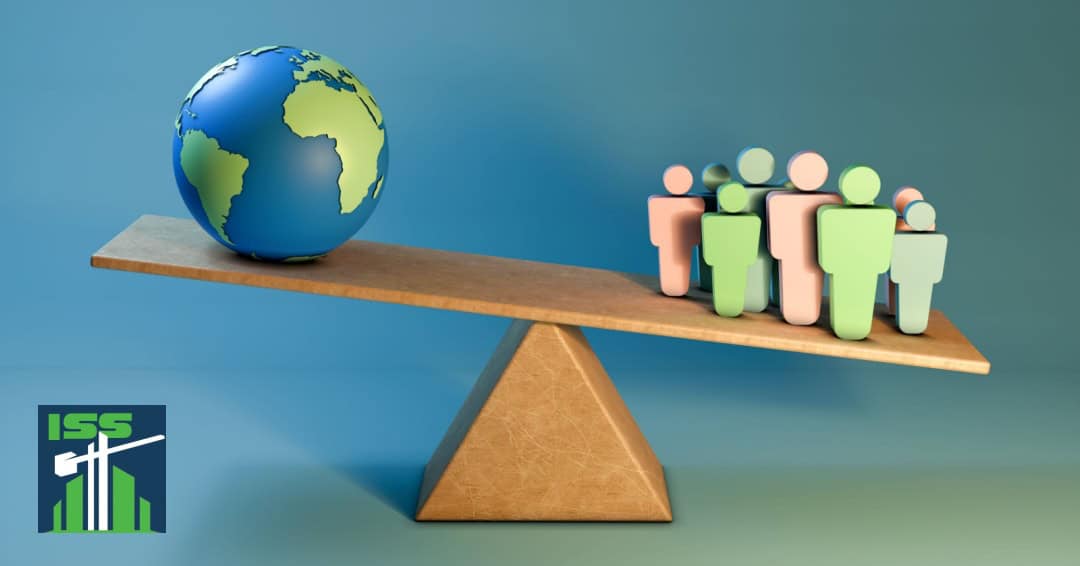
The other day, it was announced on the news that the earth has achieved a human population exceeding 8.2 billion people. Further, the article explained that the rural areas in many countries are not properly surveyed since those countries don’t have the resources to complete a true and accurate population census. For this reason, it is estimated that our current population exceeds 8.2 billion, maybe by a bunch.
Some experts believe that the maximum carrying capacity of our planet is 8.5 billion people. After that, they claim that the population will be unsustainable. I think that we are seeing signs of that now and have been for more than a generation.
Contemplating this can be extremely overwhelming and can leave you with a feeling of hopelessness. The thing to do is ask, “What can I do to help?” It may seem insignificant, but each of us can reduce our personal consumption, recycle everything that we possibly can, and reuse as much as possible. Sure, this is not convenient, but the more that we can reduce waste, the smaller our carbon footprint on this planet will be.
I often see people throw trash in a recycling bin or recyclables in the trash. This frustrates me because it is such a simple step in sustainability and can significantly reduce the amount of material that goes to the landfill. Keep in mind that landfill space is limited, and the leachate that collects at the bottom of a landfill is toxic. We all need to be mindful of the fact that reducing, reusing, and recycling offers significant environmental, economic, and social benefits, including conserving resources, reducing waste, saving energy, and promoting a more sustainable future. With more than 8.2 billion humans living on this planet, we need to care.
The environmental benefits alone offer a strong argument.
Conserving Natural Resources: Recycling reduces the need to extract and process new raw materials, such as timber, water, and minerals, which are finite and essential for various industries.
Reducing Waste: By reusing items and recycling materials, we divert waste from landfills and incinerators, which helps reduce the pollution and greenhouse gas emissions associated with waste disposal.
Saving Energy: Making products from recycled materials requires less energy than making them from new raw materials, which leads to lower carbon emissions and a smaller environmental footprint.
Protecting Ecosystems and Wildlife: Recycling reduces the need to grow, harvest, or extract new raw materials from the Earth, which helps to protect ecosystems and wildlife habitats.
Reducing Air and Water Pollution: By reducing the amount of waste in landfills and incinerators, we can decrease air and water pollution from waste disposal.
In summary, it starts with each of us, which means you and me. Let’s set an example and educate others to help our planet and sustain our future as its occupants.

 EMPLOYEE LOGIN
EMPLOYEE LOGIN



